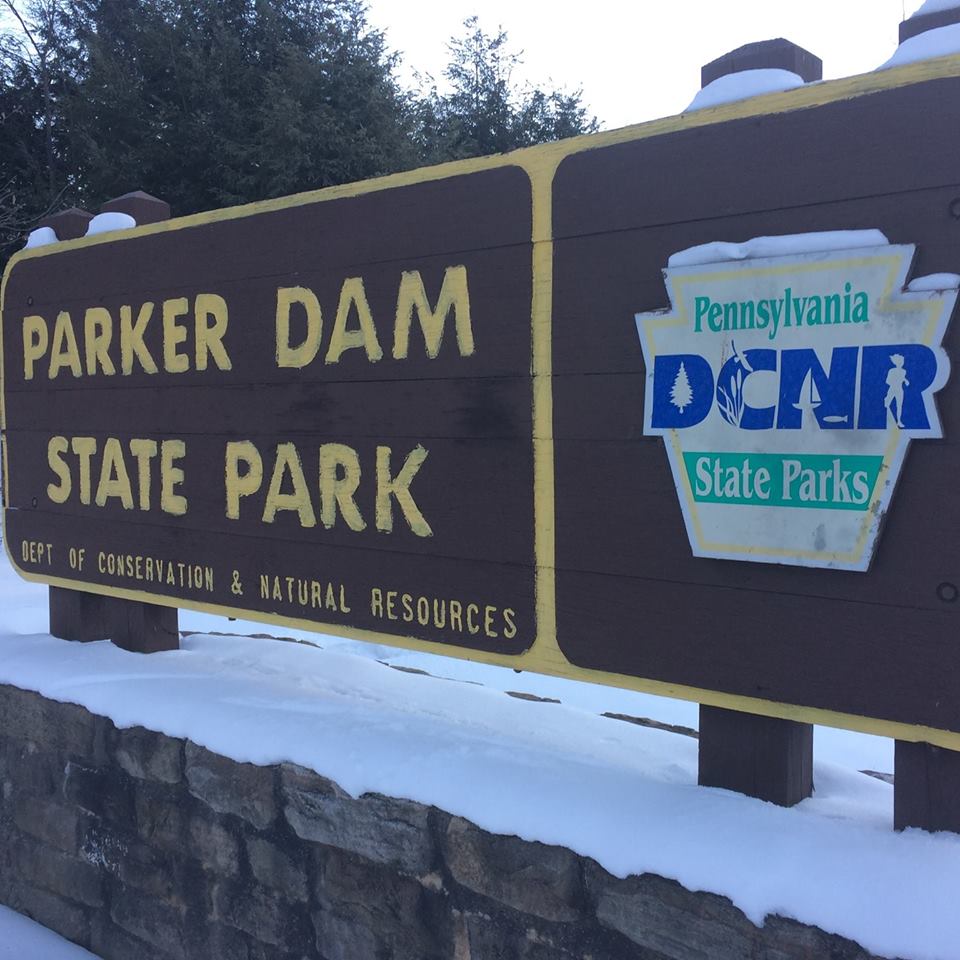PENFIELD – Several programs have been planned at Parker Dam State Park during the month of January.
Saturday, Jan. 11
Snow Walk
10 a.m.—Park Office
One of the favorite things about snow is the stories that it shows – where animals walked, what they were doing, and what they were (species). Participants will take a short hike looking for these “stories in the snow”. Dress for the weather. [In the event of no snow, participants will simply take a winter walk.]
Saturday, Jan. 18
Quinzhee Part 1
1 p.m. – meet in front of Park Office
A Quinzhee is a snow shelter that is easy to build and can provide a warm shelter from the winter’s cold. Since there is a measured amount of time required from the piling of the snow to the excavation of the shelter to allow the snow crystals to sinter (knit/bond) – usually several hours, park staff are doing this program as a “Part 1” and “Part 2” type of thing. Program is snow-dependent.
Sunday, Jan. 19
Quinzhee Part 2
1 p.m. – meet in front of Park Office
The Quinzhee mound will have solidified enough to allow us to excavate the shelter. Join us to finish our snow-shelter and learn how to make your own quinzhee safely at home.
Sunday, Jan. 26
Ice Harvesting
1 p.m. —meet at Beach House
My grandmother used to call the refrigerator the “ice-box.” And, I used to think she was being cute, not knowing that there was a long history of keeping food cold and preserved that involved ice. Come and learn how people got rich selling frozen water.
You can keep up on what is happening at the park by liking “Parker Dam State Park” on Facebook; and, you can find more information about state park programs and special events by logging on to the Bureau of State Parks Web site at www.visitPAparks.com, and clicking on “Events Calendar”.
Access for People with Disabilities
If you need an accommodation to participate in park activities due to a disability, please contact the park you plan to visit. (Parker Dam State Park Complex: 814-765-0630; parkerdamsp@pa.gov)
With a minimum of one-week notice, interpreters for people who are deaf or hard of hearing may be available for educational programs.




